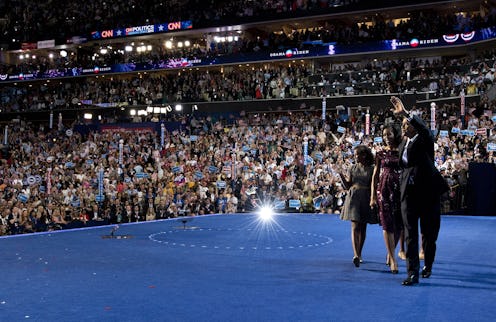In the United States' presidential primary system, delegates are of the utmost importance to the major parties. Pledged delegates act as official representatives of the American vote. And however undemocratic it may seem, unpledged delegates wield the power to go rogue and support whichever candidate they please. These lucky individuals hold the fate of this nation in their hands, yet the task of being a delegate is not a full-time one, unless it's national convention day. After all, those conventions only happen once every four years. During their off-days, delegates are most likely pursuing separate careers, which range from politics to just about anything else you can imagine.
The process by which delegates are elected differs in each state. In caucus states, voters gather to discuss which potential delegates will best represent their interests. Then, an informal ballot is cast to make the final decision. Caucus-goers generally vote for a presidential candidate the same day they vote for delegates.
The delegate selection processes in primaries are significantly more variable. In these cases, voters choose from a list of delegates before, after, or during the primary elections. Generally, an individual will cast a vote for the delegates who are most likely to represent their candidate of choice. Though voters ultimately decide which delegates they want to represent them, there are some problems with the system.
In certain states, for example, presidential candidates hold a disproportional say in who's included on that ballot. In New Hampshire, as CNN pointed out, Donald Trump's delegate ballot included his campaign manager, Corey Lewandowski. In other states, such as Pennsylvania, ballots don't disclose a delegate's allegiance, forcing voters to choose blindly. Furthermore, some delegates completely bypass a statewide vote and are elected directly by the state party committee. For this to happen, a delegate must have already established his or her political presence.
In short, delegates don't have to be full-time politicians. However, they must be highly involved in politics, either locally or nationally, to be considered legitimate representatives of the people. When they're not casting a vote at the National Convention, some are running their own political campaigns for local or state office. Other non-politicians find time to make themselves known in the community so that they may gain the trust of the state party committee.
Unfortunately, the delegate selection process, which plays a huge role in how the nation chooses its leader, is not as transparent as it could be. Many voters are unaware of how these powerful individuals are elected in the first place. Do you know who your state's delegates are? Shockingly, official delegate lists are not made widely accessible.
